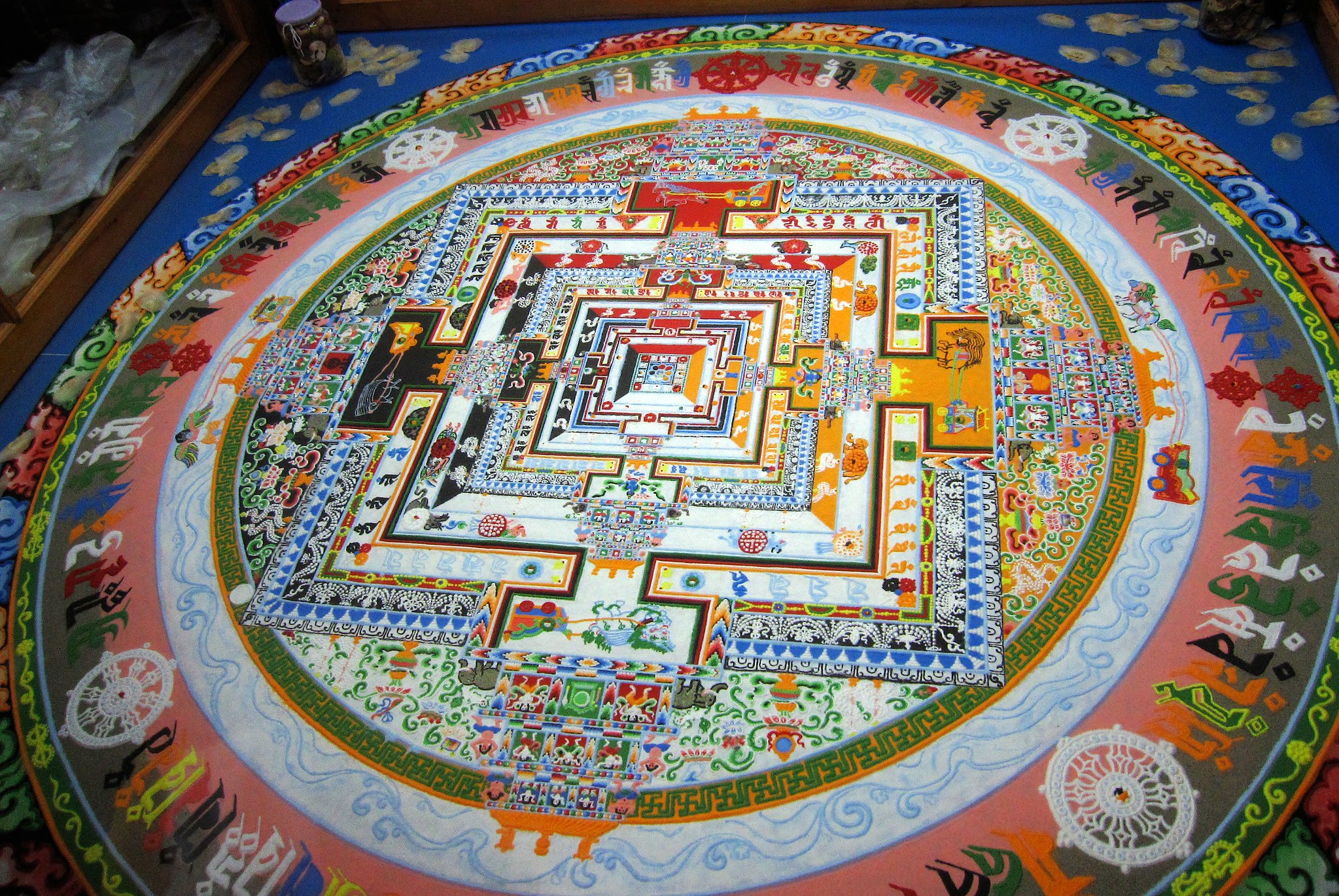Life after ayahuasca: A qualitative analysis of the psychedelic integration experiences of 1630 ayahuasca drinkers from a global survey
Authors:
Tessa Cowley-Court, Richard Chenhall, Jerome Sarris, José Carlos Bouso, Luís Fernando Tófoli, Emérita Sátiro Opaleye, Violeta Schubert, and Daniel Perkins.
Journal:
Psychoactives
Year:
2023
About the study
While ayahuasca has been associated with improved mental health conditions, including depression, anxiety, and substance abuse, the post-acute integration has received limited attention. Current understanding of it is primarily based on quantitative data, with a lack of in-depth exploration of individual and communal integration experiences. Hence, there is a need to understand how drinkers conceptualise integration, the challenges they face, and the supports they find beneficial. This study aims to explore these aspects to inform harm minimisation and benefit maximisation strategies in psychedelic treatment.
This study used data from the Global Ayahuasca Project’s cross-sectional online survey administered between 2017 and 2019 to a global, non-random sample of 10,836 participants from 44 countries. The survey, available in six languages, collected demographic information, details of participants’ ayahuasca use, and current mental health status.
Three key themes emerged: the varying nature of integration experiences, the time required for integration (which can extend for months or years), and the challenges faced during integration. The study also highlighted the role of challenging experiences in personal growth, the ontological integration process, the importance of community support, and the use of various tools and practices for integration, including psychotherapy. The findings suggested the need for safe spaces and supportive integration models that encompass multiple modalities, such as contemplative practices, physical activities, and social connections.
Abstract
Ayahuasca is an Amazonian psychoactive plant medicine being explored for its potential therapeutic uses in Western contexts. Preliminary studies link ayahuasca use with improvements across a range of mental health indicators, but studies have not yet explored qualitative aspects of the post-treatment process known in the psychedelic literature as “integration”. This includes how participants make sense of their ayahuasca experiences and minimise harm/maximise benefits after ayahuasca use. A global online survey, conducted between 2017 and 2019, collected responses from 1630 ayahuasca drinkers (50.4% male, mean age = 43 years) to an open-ended question about their integration experiences after consuming ayahuasca. Inductive codebook thematic analysis was used to identify themes in participants’ integration experiences. Participants described integration experiences in three main ways. First, was an overall appraisal of the integration experience (e.g., as easy, challenging, or long-term/ongoing). Second, was describing beneficial tools which facilitated integration (e.g., connecting with a like-minded community and ongoing practice of yoga, meditation, journaling, etc.). Third, was describing integration challenges (e.g., feeling disconnected, going back to “old life” with new understandings, etc.). These findings suggest that integrating ayahuasca experiences can be challenging and take considerable time, though working through integration challenges may facilitate positive growth. Findings also challenge the role of individual psychotherapy as the primary integration tool in Western psychedelic therapy, suggesting that communal and somatic elements may also be useful. An expanded definition of psychedelic integration is proposed which includes working with integration challenges and adjusting to life changes.
Photo by Quinn Comendant on Flickr.
Categories:
Studies & papers
, Ayahuasca
, Psychedelics
Tags:
ayahuasca
, scientific research
, study
, safety
, psychoactive
, psychedelics
, hallucinogens
, mental health
, psychedelic therapy
, integration
, setting
, psychedelic integration

